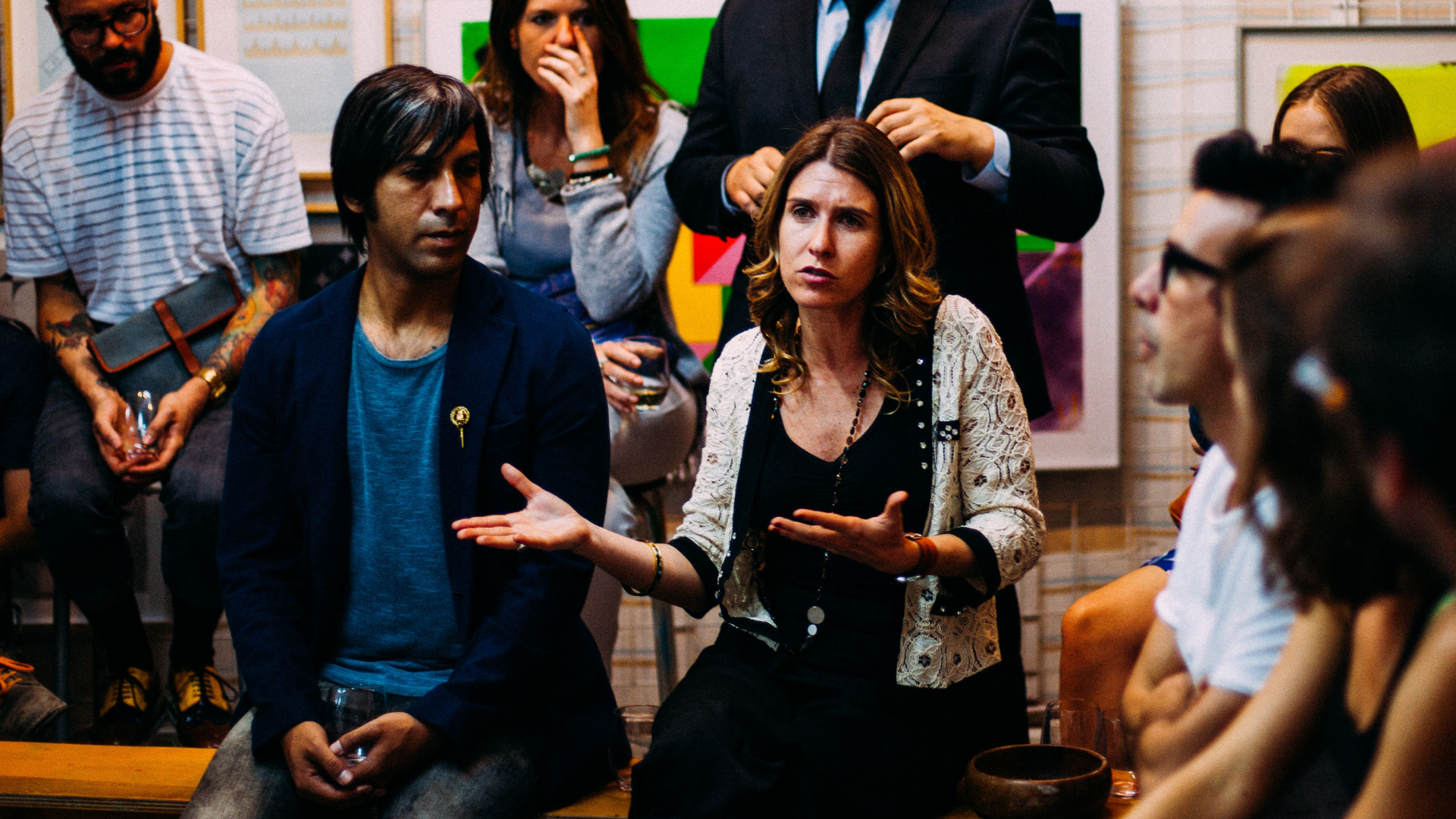What were you thinking?
It is a question we so often ask. But why?
Embedded within the question is the assumption that people should be thinking. We expect people to do things for a good reason. We require of our decisions a thought process. The French philosopher René Descartes famously defined a human being as a “thinking thing” (res cogitans). While dear old René was exaggerating, the mind plays a large role in much of our lives.
We’re anxious about thought from the very beginning. Nearly every baby toy or iPhone app claims to be “growing young minds”. This is usually just a convenient lie to conceal that Mum or Dad need some time out to avoid complete emotional collapse. But to assuage parent guilt we tell ourselves that the Paw Patrol Rescue Racer we just bought is helping my child become the next Einstein.
For many of us, the first two decades of life (and even a few more) will be mostly spent in formal education. Primary, secondary, tertiary – the centrality of our minds seems ever more emphatic. Modern Westerners live in what Peter Drucker has dubbed a “knowledge economy,” where people pay us for ideas and information.
The point is, do we know how to think well about all this new information? Do you care about finding truth, or just being seen to be right?
And that’s just our work life. In every sphere, being a grown-up seems to assume you can think for yourself. The German philosopher Immanuel Kant defined enlightenment as having the courage to use your own reason. We need to vote for politicians, choose which property to buy, commit to romantic partners, tell our kids what they should eat, assess our carbon footprint, and pick our religion.
Figure it out for yourself.
Make up your own mind.
It’s your call.
We expect that people can think for themselves.
Yet the question: “What were you thinking?” highlights something else. We ask it when thinking appears to fail, when someone (most often ourselves) does something stupid, thoughtless, crazy, or irrational. It doesn’t have to be an epic fail. “Idiot brain” happens even in the little things. Mistakes were made. Something was missed. We could have thought more about that. I had the wrong idea.
And then we shrug our shoulders and move on. But should we be so blasé? We expect people to be thinking.
We regularly fail.
For all the education we receive, most adults never think about their thinking. Like breathing, or walking, thinking seems to be an assumed skill that, achieved once, rarely needs revisiting. I tore my Achilles tendon in 2019, and part of the rehab was staying off my left foot for 6 weeks. When the moon boot finally came off and my emaciated leg finally reconnected with earth, it felt for a brief moment like a return to childhood. Nobody wants to relearn how to walk. Few of us want to revisit how to think.
The point here isn’t that any adult ever stops learning about new subjects, facts, or opinions. Gluten-free baking, bitcoin investment, systemic racism, climate change – the modern self is constantly stimulated by new ideas.
The point is, do we know how to think well about all this new information? Do we appreciate it when someone asks hard questions of our opinions? Do you care about finding truth, or just being seen to be right?
Perhaps the big underlying question here is what end we have in mind. Do we think only for ourselves, or do we also think for the good of others?
In the main, I am not speaking to those small areas of life where you’ve managed a passable level of expertise. If you’re an oncologist, you’ll probably know cancer. If you’re a history teacher, I’m guessing you’ve got World War II mostly covered. If you’re a civil engineer, there’s no need to revisit introductory physics.

But our thought life goes well beyond our small domains of expertise. Even in your chosen profession you will have to think about so much more than what you are explicitly trained for. Accountants need to think about mental health. Nurses need to vote. Journalists need to consider the claims of a religion. We’re always thinking. And we can all do it better.
This little book aims to help you think. It won’t give you many answers, but it might help you ask better questions. However, the goal is a touch more ambitious than that. My larger aim is to help you to become a better person, who uses your thinking to serve other people.
There is nothing wildly innovative about my perspective. My take on thinking has been substantially formed and nurtured by my identity as a Christian believer. For all of its faults, it might come as a surprise that the Christian tradition has helped me understand and practice thinking with others in mind.
Thinking is a deeply human activity, and the way we go about it reveals much about our character. And thinking happens everywhere, not just in classroom or lecture hall. I’m aiming at the conversation in the café, the discussion in your boardroom, the late-night chat with your teenage daughter. Because you are always thinking. And that means we need to consider the “you” who is doing the thinking.
This is an extract from Dr Mark Stephens’ book The End of Thinking? Get the book here.


